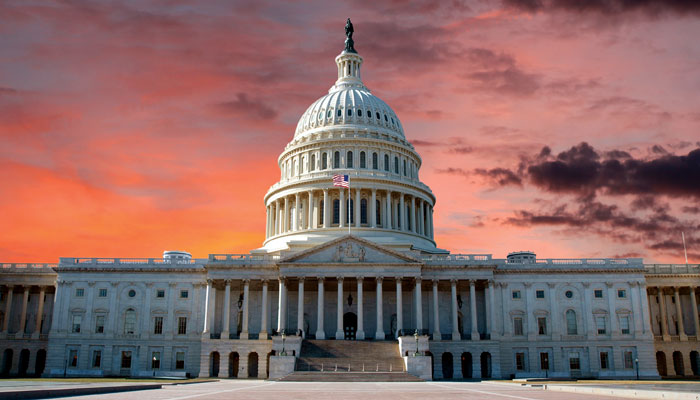Will changes in market lead to changes in policy?
By Ed Burke, Dennis K. Burke Inc.
Without a doubt, 2014 was one of the wilder years in the oil markets that we’ve seen in quite some time.
Looking back, we started the year with a polar vortex shooting natural gas to record highs and raising supply and infrastructure issues. Then the international debacle between Russia and the Ukraine rocked the Nymex and raised European supply concerns. Over the summer, we had analysts projecting Brent at up to $115/barrel, with concerns over potential supply disruptions in the wake of an ISIS takeover of refineries. There were new concerns with the Iraq situation, and renewed fighting between Israel and Hamas.
Surprisingly, oil prices began to drop, spiraling downward due to global oversupply, and lackluster global demand. As we rang in the New Year, oil was down about 40 percent since June. It’s been a while since the closing screens showed RBOB well under $2, but that time is upon us again.
The Global Picture
As U.S. shale production continues to roar forward, and OPEC’s supply continues to hit targets, the world is essentially saturated in oil. This is pushing a sort of find-the-bottom price war from OPEC. Generally they will drop supply levels to raise prices in a free fall like the one we’re in. After all, their budgets come from oil revenue, and they can ill afford a 40 percent shortfall. However, the Saudi refusal to curb supply not only maintains their market share, but also tests how low the prices must go before U.S. production is forced to slow down.
Russia could be on the brink of a serious financial meltdown if prices continue to fall. The ruble is down hugely, and the financial sanctions put in place by the West are making it difficult for certain oil exploration projects to move forward, especially if American companies are involved.
A Busy Congress
So, here we are, starting a new year with a lot of energy issues left up in the air. How low will crude prices go? Will we move forward on Keystone? Should the crude oil ban be lifted? What’s going on with the Renewable Fuel Standard (RFS), and how do we deal with climate change?
In their first week of 2015, members of the 114th Congress have already introduced scores of energy-related bills. Some of the legislation is directed at reining in some of EPA’s authority, while other bills focus on changing or overturning current regulations. There were new bills introduced to repeal the crude oil export ban, and legislation that would change the way federal agencies promulgate rules, with industry groups having more of a voice in the development of regulations. There is also a revived push for legislation requiring EPA to do more studies on E15 fuel blends and E15’s effect on engine performance.
Last month, the Department of Energy (DOE) said it plans to release a series of recommendations this month to modernize and improve U.S. energy infrastructure.
The Keystone XL Standoff
The new Republican majority has vowed continued action to push Keystone XL forward, and they have. After six years, the pipeline has grown to represent so much more to folks on both sides of the issue.
The RFS Under Pressure
EPA is expected to take up the volume requirements for the RFS early this year. Last year, an EPA proposal generated so much comment and controversy, the agency decided to hold off on issuing a final rule. Mainly the backlash centered around ethanol: its environmental shortfalls, breaching the E10 blend wall, and the diversion of food resources for energy production.
Methane and Climate Change
Last year, the White House announced plans to reduce methane emissions and address climate change. The EPA issued a series of whitepapers on proposed changes and new rules. The proposed changes would be voluntary for the agricultural sector, and mandatory for the natural gas/fracking sector.
Environmental groups cheered the regulations, while industry groups argued that the regulations were unnecessary, given that it’s in their own financial interest to control methane leakage. It appears they were correct, as methane emissions have dropped in four of the major U.S. shale plays when recently surveyed. We will have to wait and see what the new regulations will look like.
The Administration recently started talking about incentivizing carbon reduction, which tiptoes around the idea of a carbon tax.
Consumers Win
Things are looking pretty good for the consumer. Gasoline prices are under $2 in many places and continuing to drop. According to Wells Fargo, every 10-cent drop in the price of retail gasoline at the pump frees up nearly $3 billion for consumers to spend elsewhere. We’ll have to see if that’s reflected in retail and consumer confidence numbers, as we move forward.
And of course, lower oil prices reduce transportation and manufacturing costs, which should help lower prices for consumer goods, and may free capital up for new jobs with economic growth in general. After all, “a rising tide lifts all boats” as they say.


